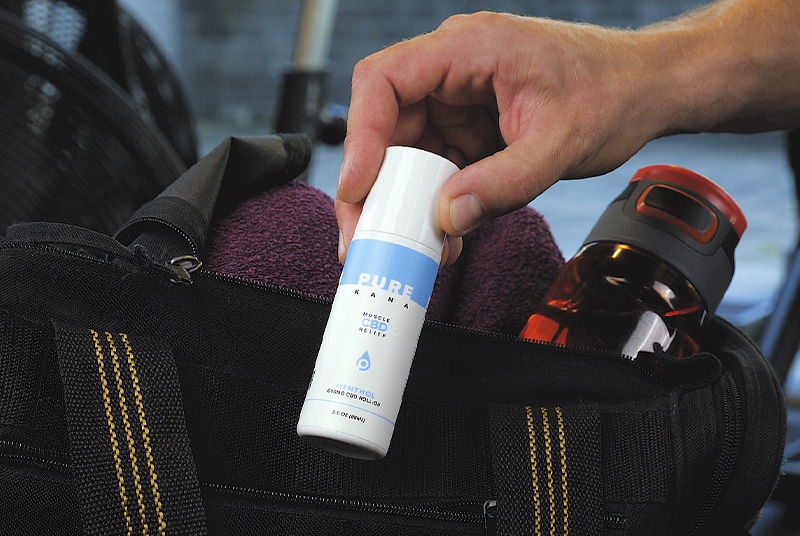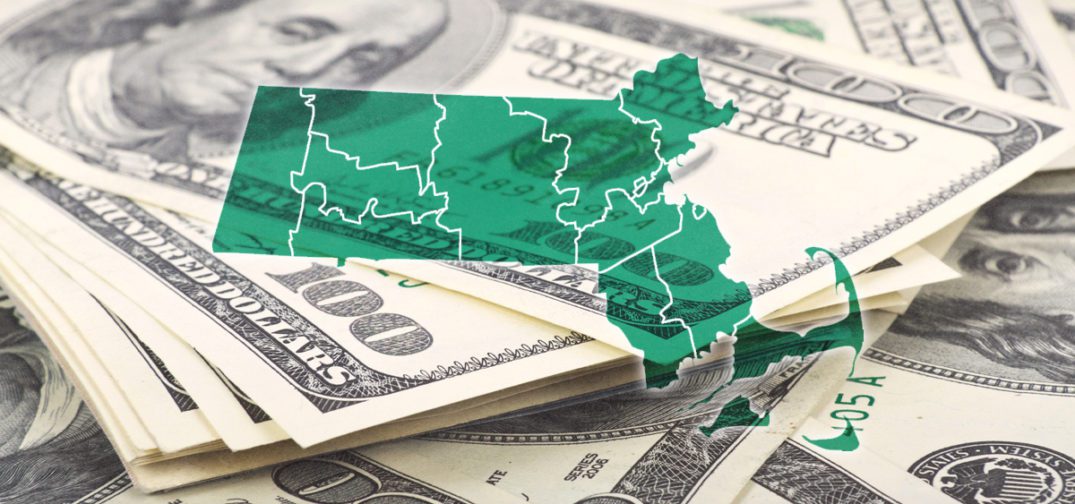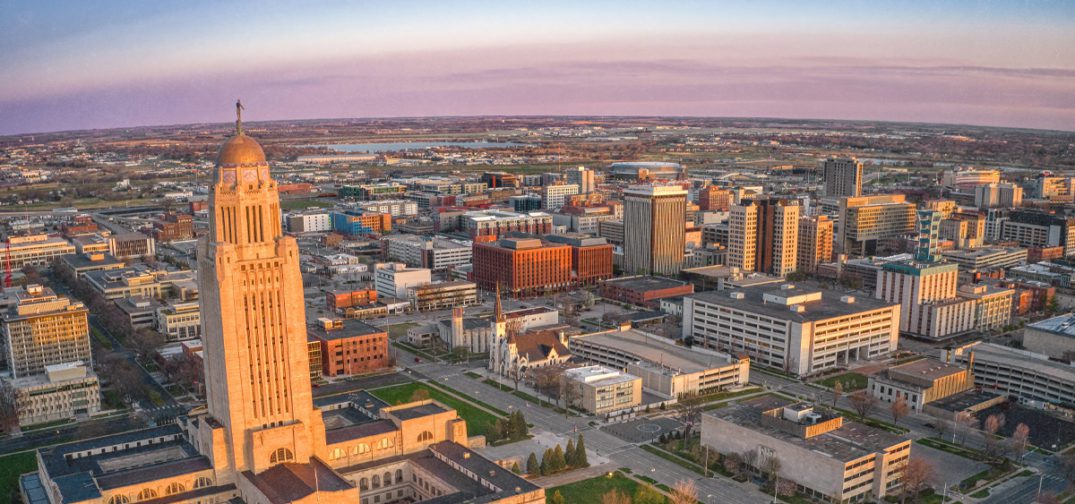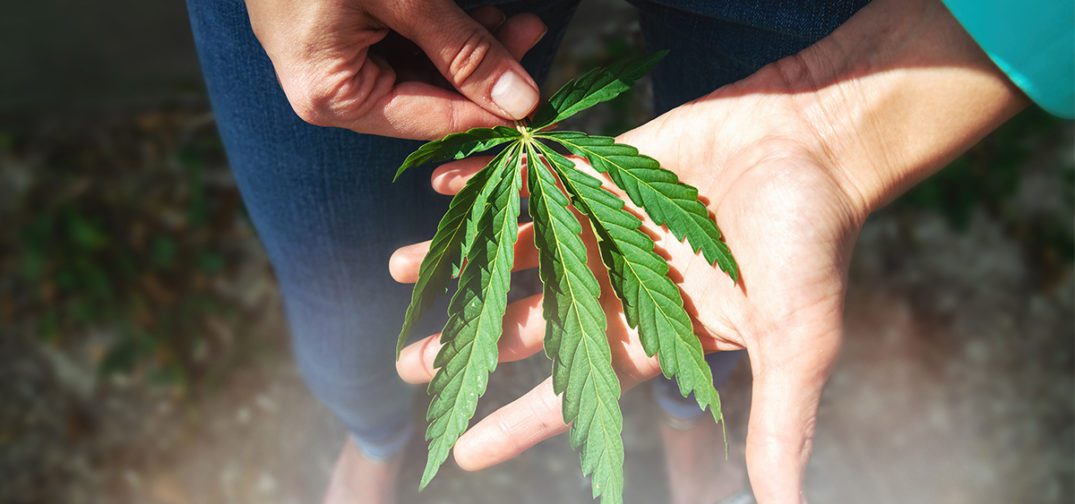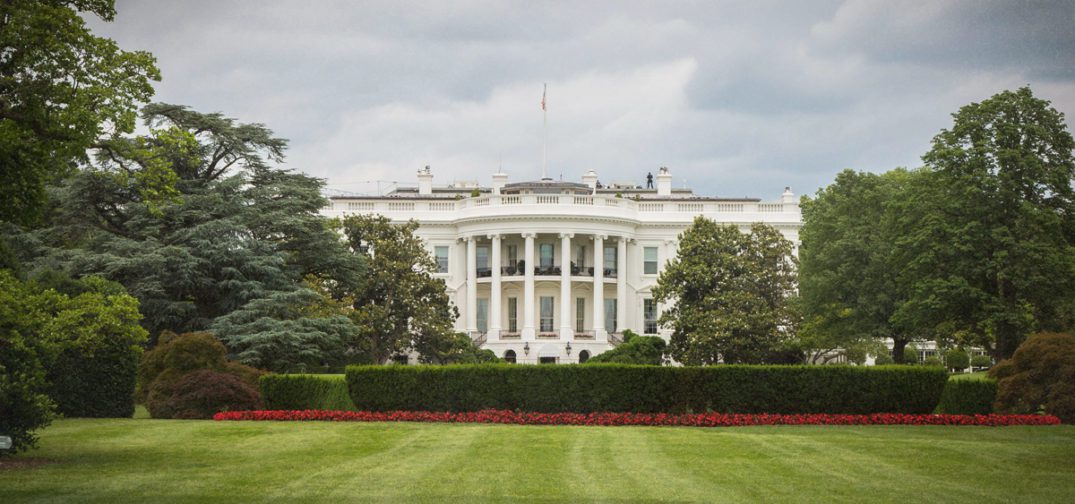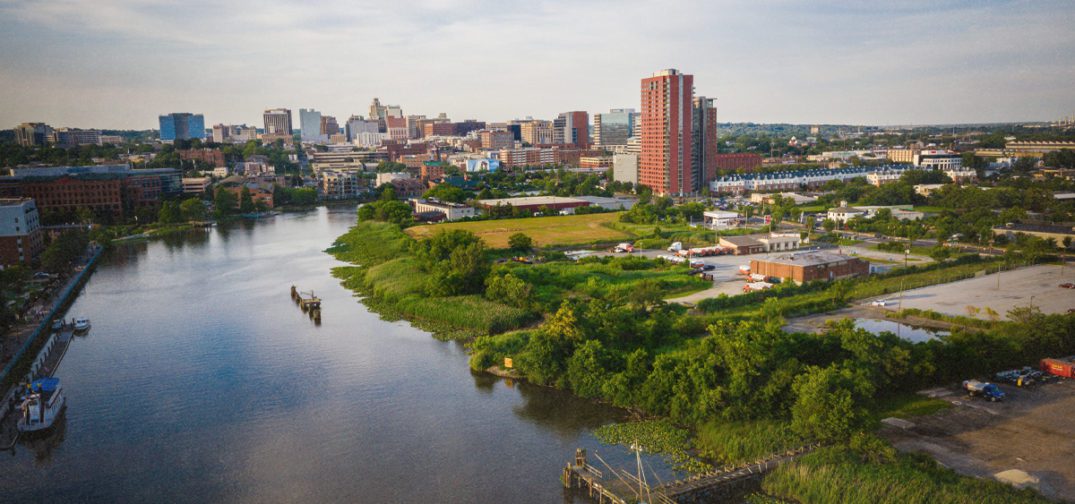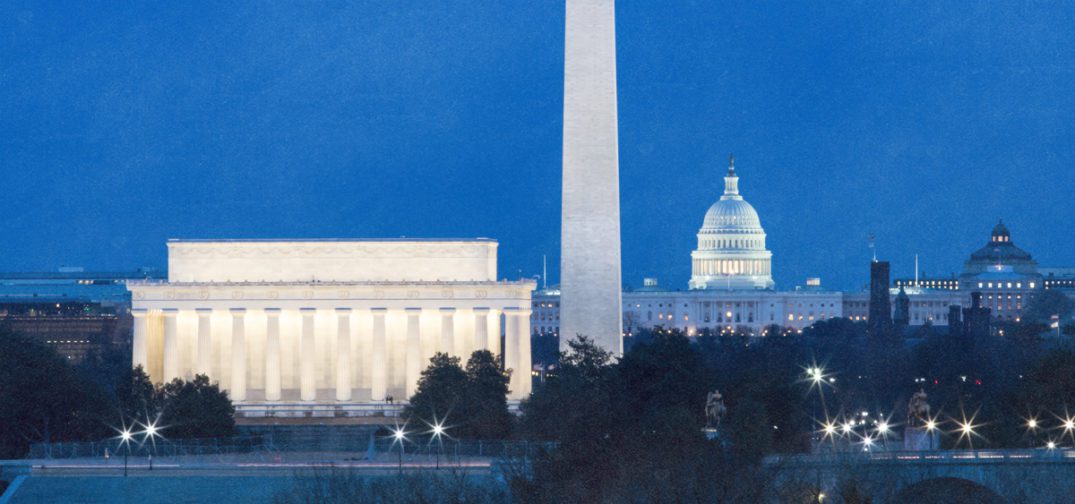Beverages are one of the fastest-growing categories in adult-use states: consumers who are looking for an alternative to drinking alcohol at social gatherings are turning to low-dose products they can sip while engaging with their friends. But perfecting a cannabis beverage product takes an understanding of the market, the right infusion method, and a delicate hand when flavoring.
We recently caught up with Judy Yee, CEO and co-founder of K-Zen, to learn about the process of starting and scaling a cannabis beverage business in California. In this interview, we cover Judy’s background in healthy food and beverage, the process of catering product education and packaging to your target market, the thoughtful cannabis drinks offered by K-Zen, and more!
Continue scrolling to find the full interview.
Ganjapreneur: What is the founding mission and inspiration behind K-Zen?
Judy Yee: The name “K-Zen” draws on the Japanese term, “Kaizen,” which means continuous improvement in all aspects of life. This ethos is what drives us to bring the highest quality, best tasting and most consistent products to market for different types of consumers.
We are committed to normalizing cannabis and inspiring new ways for consumers to enjoy its benefits. Our founding mission is to create a portfolio of cannabis beverage brands that people love and trust by delivering consistent formulas, great-tasting flavors and rapid, predictable effects.
How did you meet co-founder Soon Yu and when did you decide to start K-Zen together?
I first met Soon Yu in 1998 where we were both working for Clorox. We stayed in touch throughout our careers, sharing similar interests for disruptive trends that impacted the CPG space. In 2018, Soon was returning to the Bay Area from his last venture with VF Corp (working with iconic retail brands like Vans and North Face). We got together, as we often do, to discuss emerging trends and I shared my thoughts on cannabis as that next “big thing” to happen in the food and beverage space.
I was also seeing consumers lean towards “healthier” options and alternatives (e.g., bottled water sales exceeded soda sales in 2016, and millennials were consuming less alcohol). At the same time, I was discovering cannabis as a less conventional method for my own personal health and well-being. This was the tipping point that launched K-Zen.
What should an entrepreneur look for in a co-founder relationship? Can you share any red flags that aspiring entrepreneurs should avoid when bringing someone in on a business idea?
I hope I’m not stating the obvious when I say pick someone you trust. Soon Yu was, and is, a boon to K-Zen and to me personally. When you’re starting a new business, whether it be in an industry that’s well established or one that’s budding like ours (excuse the pun), it’s so important that you have someone at the outset. Our backgrounds and skills are pretty complimentary. We’re able to work well together while also balancing each others’ strengths and weaknesses. I suppose that’s another thing I’ll say — in business, you need to know that your partner is going to tell you the truth instead of protecting your feelings. That’s something that I have found to be really valuable as a CEO.
I would say my biggest red flag in any potential partnership or in regards to any business deal would be if they don’t honor their commitments, or if their core values don’t match with yours. I’m a big believer in doing what you say you will and having integrity while you do it. It is, of course, normal to disagree on certain aspects of the business, but your ideas for your company’s mission and purpose should align.
What inspired you to enter the healthy food and beverages industry, and how does that inspiration drive your trajectory in the cannabis space?
I’ve always been a really active person and cognizant of how fueling your body with the right things can make a huge impact on who you are. I think I was most aware of this when I danced for the Seattle Supersonics — gosh, that was forever ago — and was in the best shape I’ve ever been in!
Later on in my career, I held senior level positions at companies like Earthbound Farm, Chiquita and Crystal Geyser, so I have firsthand experience working with brands that value whole ingredients. I really enjoyed that work, but it wasn’t until later that I felt called to explore a new industry entirely.
Because of my involvement and dedication to these other facets of healthy-living, I found that I had been neglecting another. I actually didn’t try cannabis until I was in my 40s after having my first child. Recovering from pregnancy and giving birth was a lot harder than I thought it would be, and I felt unmotivated to get back into the fitness routine that I’d loved so much — not to mention the fact that remedies I’d used in the past weren’t as effective. Cannabis not only helped me navigate my way back to a routine that is active and painless, but it also has helped me manage my time between being a busy entrepreneur and a hands-on mother. Now, I work day in and day out to make cannabis a part of other people’s wellness journeys, which feels right to me.
Why did you choose to develop cannabis drinks products for your entry into the cannabis space?
Normally when people think about cannabis consumption, they imagine smoking a joint, hitting a cartridge, or maybe eating a “pot brownie.” I have asthma, so smoking is really out of the question for me and I’m also not big on sweets, which means edibles aren’t really a go-to for me either. When I was considering starting my own cannabis business, I was thinking about a way for people to consume cannabis that is familiar, discreet and tasty. A beverage seemed like the most obvious choice!
I also think that consumers are used to trying “super ingredients” or adopting a new routine through drinks. For ex: for many, energy drinks are now a part of one’s daily routine that didn’t exist years ago. Mad Lilly Spritzers, for example, are low calorie (with less than half the calories of a typical alcoholic seltzer), are made from 100% natural ingredients, and help take the edge off after a long day… without leaving you dehydrated and hungover the next day.
How does your extensive experience in Healthy Food & Beverage CPG serve you when facing challenges and setbacks during the R&D process? (Could you describe an experience that you remember?)
I was extremely fortunate I could leverage my food and beverage background and started researching and experimenting with cannabis. It was challenging (in a good way), and eventually, I found and partnered with a team of highly skilled food scientists and cannabis experts. Together, we created great tasting cannabis beverages and that’s how K-Zen was founded.
When we launched our first iteration of S*SHOTS in the summer of 2020, there were some things we got right and some things we didn’t. Rapid prototyping, getting early consumer feedback and optimizing your product proposition from there is a common practice from what I’ve done in CPG. We were then able to relaunch the S*SHOTS brand with much greater success and market traction.
Mad Lilly spritzers recently launched in can form after being previously sold in bottles, what inspired this packaging change? What is the process of making this change to an established product?
We just introduced Mad Lilly Spritzers in 12-ounce cans at Hall of Flowers in Palm Springs last month. While we loved the unique look of Mad Lilly Spritzers in painted glass bottles, cans are much easier to stock and distribute for our partners and retailers. The new can design is sleek and convenient and maintains the delicious taste, quality and freshness customers expect from our Spritzers.
In doing so, we were also able to bring the price point down, which I’m sure our customers greatly appreciated!
Where does K-Zen source its cannabis products? Does the brand do any in-house manufacturing or outsource the extraction process?
Cannabis oil and water need to be blended evenly to deliver consistent and rapid onset. Using cannabis in an emulsified format achieves that. So, we source our cannabis emulsion from Vertosa. We currently do not manufacture anything in-house, however, we have created and implemented best in-class manufacturing practices from our prior experience in food and pharmaceutical manufacturing in all of our co packing SOP’s to ensure quality and effective products.
How and why does K-Zen prioritize education around proper dosing and avoiding overconsumption?
At K-Zen, we know that cannabis tolerance varies from consumer to consumer — it’s only fun and properly works if you take the right dose! That’s why we make it clear on every product how much THC/CBD is included per serving.
For Mad Lilly Spritzers, portion-control and dosing is made easy because of the nature of the can. One can equals one 5 MG dose of THC and one 5 MG dose of CBD, which for most consumers will provide a light and airy high, coupled with the CBD to relax and refresh after a long day, or even as a midday pick-me-up.
Our Mad Lilly Tonic comes in single-dose bottles, too, so it’s easy to know how much you’re taking right before bed. Customers are always welcome and encouraged to ask us questions. If you go to our website, you’ll see under our FAQs that we have a phone number anyone can text at any time of day, so if ever there’s concern, our team can help you handle it straight away.
We also made a concentrated effort with S*SHOTS to ensure that our consumers were making the most of our product without taking the most. When you buy in-store, you’re gifted a complimentary S*SHOTS glass which will hold 10 ml of liquid, or one “shot” of the beverage. We always encourage our new customers to try half a shot (or maybe less, depending on your tolerance level) and see how they feel before coming back for more. But that’s why the dosage is printed in big bold letters on the label. You can’t miss it!
Who is the target consumer for K-Zen products? How does the packaging and marketing signal to that target market?
When I started K-Zen I knew I wanted to create different cannabis-infused beverages for different types of consumers, whether they were a first-timer, canna-curious or a cannabis pro, which is how Mad Lilly and S*SHOTS, respectively, were born.
I’ll talk about Mad Lilly first because we just released our new line of cans and I’m really excited about them! When you look at the packaging, you’ll see that they’re colorful, bright and airy, with floral decals and our tagline, “Wildly Tasteful” right on the side. We wanted to curate an inviting feeling without being too in-your-face. Mad Lilly Spritzers are meant for someone who’s curious about trying cannabis for the first time, or is looking for a way to experience a mellow high without feeling bogged down by a sugary edible or a coughing fit (as someone who lives with asthma, I know how that can go!). We wanted this to be something you’d reach for after a long day at work or with your kids, look at it and feel like good things are coming your way. At its core, Mad Lilly is meant to spark joy, and feel like a treat that you won’t feel guilty about.
Our packaging for our Mad Lilly Tonic is a little different, since the tonic is meant specifically to be taken for a good night’s sleep. The label is a deep purple and we called it “Lemon Dream” — it’s also infused with lavender extract with the hope that our customers can put two and two together easily. It’s a low-dose tonic so we wanted the packaging to feel grounding –– no frills.
As for S*SHOTS, they were created for an entirely different demographic. We wanted to attract experienced cannabis users. For S*SHOTS, we capitalized on, well, capitalization. On an S*SHOTS bottle, the flavor name is capitalized, as is the fact that each bottle contains 100 MG of THC. Admittedly, we were a little inspired by the alcohol industry — the S*SHOTS customer is likely someone who likes to take shots, so we wanted to sell this product as something that’s a viable substitute. The names of each flavor are also meant to elicit some excitement: Berry Blast, Lemon Crush, Tropical Thunder, and Watermelon Punch all promise to deliver that THC high consumers love. Personally, I love the way this packaging turned out. It just gets you excited about what’s in store for you after an S*SHOT (or two)!
Will the brand enter new product sectors? If so, what type of products most interest you?
We will continue to play in the beverage space as we add more flavors or new segments within the category. In fact, we have a new flavor of Mad Lilly Spritzers that will be launching later this summer — so stay tuned for more details!
We’re so grateful that Judy could take the time to answer our questions. Learn more about Judy Yee and K-Zen at kzen.co.



